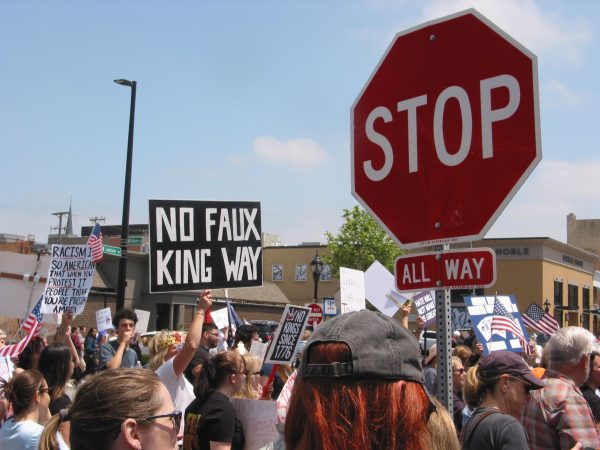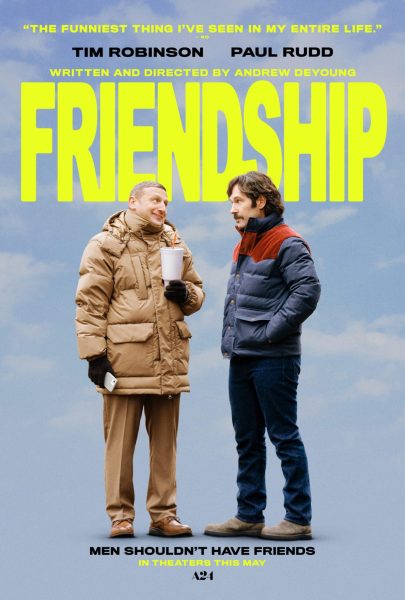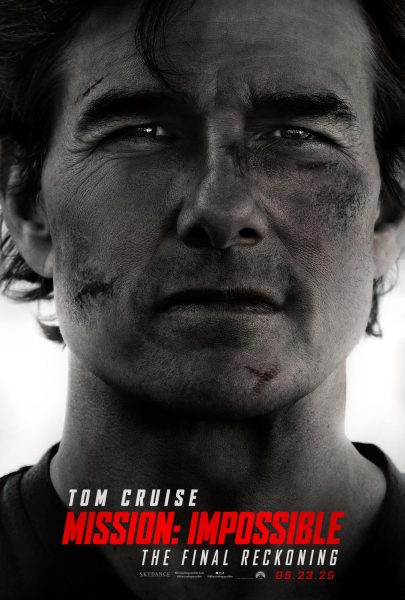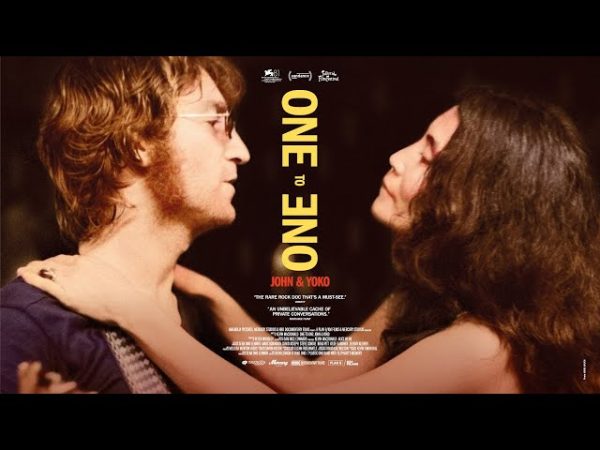Lower the limit
Legal drinking age should be 18
The national government considers 18-year-olds to be adults. They can vote. They can enlist in the military. They can buy cigarettes. They can buy a house. They can be tried in court like any other adult, and they can go to federal prison too.
But they can’t drink alcohol.
It’s the question heard around the world, mostly because the rest of the world doesn’t get it either: why is the drinking age so high in the United States?
The easy answer is that in 1984, President Ronald Reagan signed the National Minimum Drinking Age Act, in which states were told to raise the drinking age to 21, or up to 10 percent of federal highway funding would be cut from that state. A more detailed explanation gets a bit more ambiguous.
Some think that the drinking age is 21 because at that age, your body is finally mature enough to consume alcohol without the negative effects. These people are both right and wrong. Teen years are crucial for brain development, and binge-drinking alcohol can hinder that, causing issues later on with mental well-being. The catch is that the issue is binge drinking, not drinking altogether. Binge drinking can be harmful for more than just the brain, even for adults that are no longer in their teen years, but a few drinks here and there at the age of 18 wouldn’t actually create any issues down the road.
Another school of thought is that teen drinking is the root of most drinking and driving incidents, and therefore, to stop drunk drivers, we must prevent teens from drinking alcohol. The counterargument to this one is pretty clear: teens are currently legally banned from drinking alcohol, and teen drunk driving still exists. The assumption that all drunk driving stems from teen drivers is downright laughable. There are more than enough drunk adults stumbling out of bars and getting behind the wheel on any given Friday night. They are as much of a problem as any teenager doing the same. It isn’t about age. It’s about common sense, or lack thereof.
One of the more outrageous claims of support for the current drinking age is that English common law, as in, the same English common law from multiple centuries ago, stated that a person was an adult at the age of 21. This person was then given all the responsibilities and privileges of adulthood, like the ability to drink or even become a knight. We’ll spare the details of the obvious counterpoint that perhaps we shouldn’t base our current laws off of British Medieval ways of thinking. That’s a conclusion any logical person could come to on their own.
At this point, any popular reasoning behind the present drinking age just doesn’t hold any substance or value. Other countries with lower drinking ages are proof that making alcohol taboo for teens only makes drinking that much more appealing. Let teens drink, and it will lose its thrill. In addition, because alcohol is hard to come by for teens in America, when they do get a hold of it, they binge drink. It’s an endless cycle of 18-year-olds wanting to be treated like adults and acting out when they aren’t. So why not give them what they want?
The Prohibition of the 1920s didn’t work because nobody was willing to follow the rules. So we changed the rules. This is the same situation. Teens are finding ways to drink no matter what laws are in place to stop them. This only leads to binge drinking, juvenile delinquency, and brain development issues later on. So change the law. It couldn’t hurt to try.
This isn’t an advocacy for letting 18-year-olds get wildly drunk, drive while intoxicated, or make any other irresponsible choices. But if our society feels you are old enough to vote for our president, fight in a war, own a house, and go to prison, you’re old enough to have a drink.





